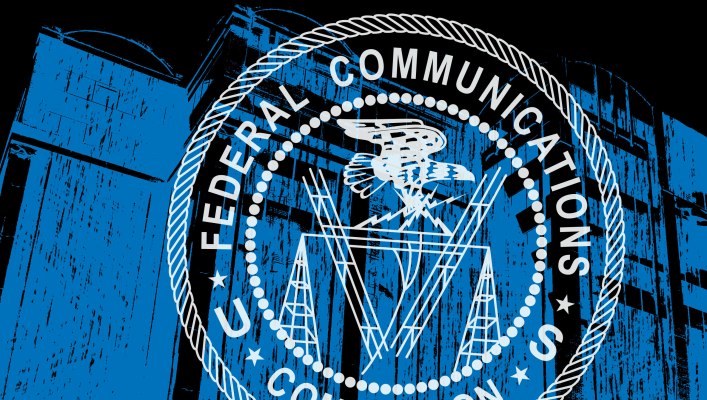Two men embodying the zenith of human villainy have admitted to making approximately a billion robocalls in the first few months of 2019 alone, and now face an FCC fine of $225 million and a lawsuit from multiple attorneys general that could amount to as much or more — not that they’ll actually end up paying that.
John Spiller and Jakob Mears, Texans of ill repute, are accused of (and have confessed to) forming a pair of companies to make millions of robocalls a day with the aim of selling health insurance from their shady clients.
The operation not only ignored the national Do Not Call registry, but targeted it specifically, as it was “more profitable to target these consumers.” Numbers were spoofed, making further mischief as angry people called back to find bewildered strangers on the other end of the line.
These calls amounted to billions over two years, and were eventually exposed by the FCC, the offices of several attorneys general, and industry anti-fraud associations.
Now the pair have been slapped with a $225 million proposed fine, the largest in the FCC’s history. The lawsuit involves mulitiple states and varying statutory damages per offense, and even a conservative estimate of the amounts could exceed that number.
Unfortunately, as we’ve seen before, the fines seem to have little correlation with the amounts actually paid. The FCC and FTC do not have the authority to enforce the collection of these fines, leaving that to the Department of Justice. And even should the DoJ attempt to collect the money, they can’t get more than the defendants have.
For instance, last year the FTC fined one robocaller $5 million, but he ended up paying $18,332 and the market price of his Mercedes. Unsurprisingly, these individuals performing white collar crimes are no strangers to methods to avoid punishment for them. Disposing of cash assets before the feds come knocking on your door is just part of the game.
In this case the situation is potentially even more dire: the DoJ isn’t even involved. As FCC Commissioner Jessica Rosenworcel put it in a statement accompanying the agency’s announcement:
There’s something missing in this all-hands effort. That’s the Department of Justice. They aren’t a part of taking on this fraud. Why not? What signals does their refusal to be involved send?
Here’s the signal I see. Over the last several years the FCC has levied hundreds of millions in fines against robocallers just like the folks we have here today. But so far collections on these eye-popping fines have netted next to nothing. In fact, it was last year that The Wall Street Journal did the math and found that we had collected no more than $6,790 on hundreds of millions in fines. Why? Well, one reason is that the FCC looks to the Department of Justice to collect on the agency’s fines against robocallers. We need them to help. So when they don’t get involved—as here—that’s not a good sign.
While the FCC’s fine and the lawsuit will certainly put these robocallers out of business and place further barriers to their conducting more scam operations, they’re not really going to be liable for 9 figures, because they’re not billionaires.
It’s good that the fines are large enough to bankrupt operations like these, but as Rosenworcel put it back in 2018 when another enormous fine was levied against a robocaller, “it’s like emptying the ocean with a teaspoon.” While the FCC and states were going after a pair of ne’er-do-wells, a dozen more have likely popped up to fill the space.
Industry-wide measures to curb robocalls have been underway for years now but only recently have been mandated by the FCC after repeated warnings and delays. Expect the new anti-fraud frameworks to take effect over the next year.
